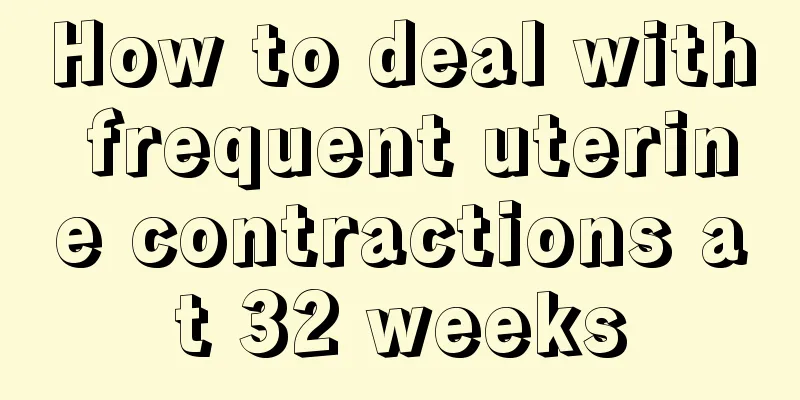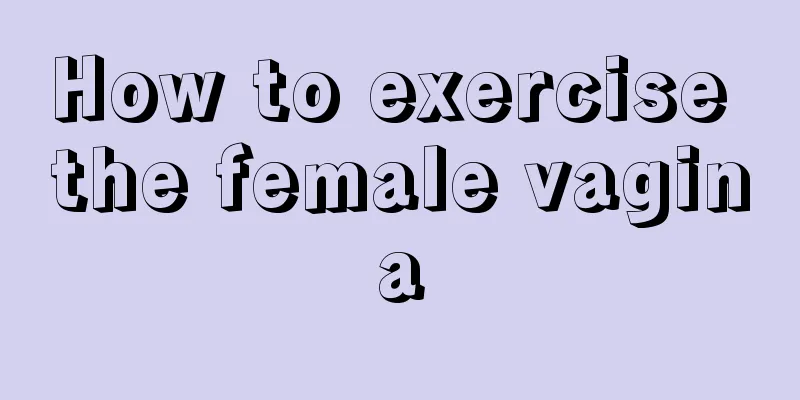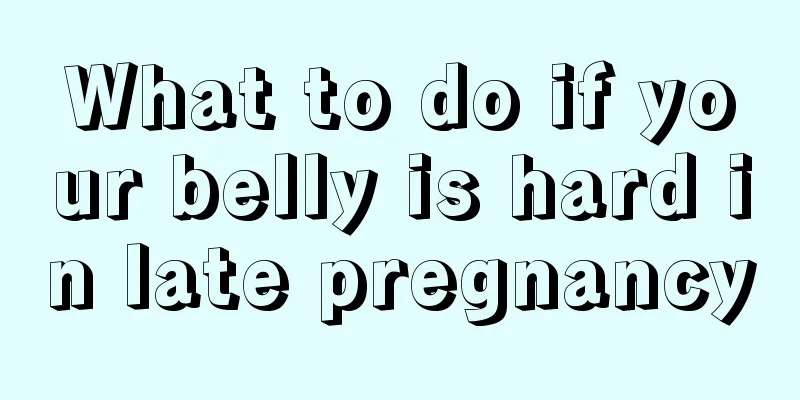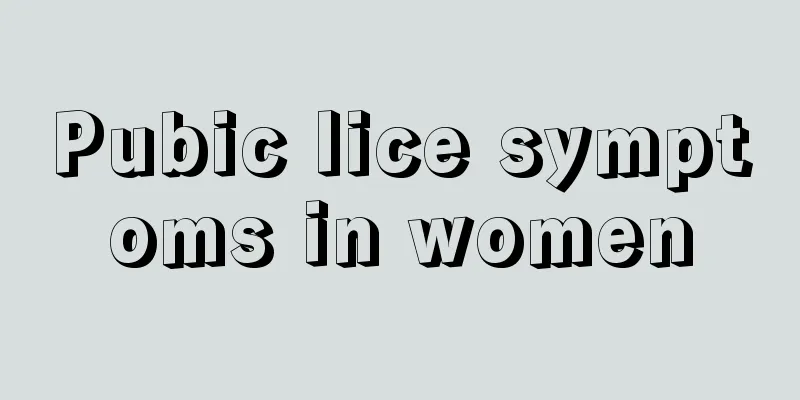[Medical Q&A] How to care for children who have the flu?
![[Medical Q&A] How to care for children who have the flu?](/upload/images/67f0ff84073b9.webp)
|
Planner: Chinese Medical Association Reviewer: Huang Lei, deputy chief physician, Fifth Medical Center, PLA General Hospital When a child gets the flu, it is most important to provide good fever care! (1) Fever care: Fever is not a disease, but a symptom. It is the child's own process of fighting against germs. This process is beneficial to the human body and can serve as an alarm when sick. Although fever itself is harmless, children will feel uncomfortable, thirsty, and even dehydrated. At this time, parents should try to reduce the child's discomfort and replenish water. 1) Physical cooling: Lower the ambient temperature, keep the room temperature between 24 and 26 degrees Celsius, loosen the child's clothes or wrap them in blankets to promote skin heat dissipation. Remember not to wrap them in a blanket to keep them warm! 2) Warm water sponge bath: It is best to use a sitting position, with the water temperature at 30-36℃, and last for 30-40 minutes to achieve a better cooling effect. Remember not to use cold or ice water, otherwise it is easy to cause chills, which will increase the body's heat production and make the body temperature higher. Do not use ethanol sponge bath to avoid ethanol poisoning! If the child's hands and feet are cold, in addition to using warm water to cool the high-temperature skin areas, the cold extremities of the hands and feet need to be kept warm. You can use hot water to soak the hands and feet, wrap the hands and feet with a hot towel, rub the hands and feet with both hands, etc. to promote local blood circulation and achieve a warming effect. 3) Medication to reduce fever: If the body temperature is ≥38.5℃ and the child continues to have a high fever, you can refer to the instructions or consult a doctor to take antipyretic drugs. Acetaminophen and ibuprofen are the most commonly used antipyretic drugs for children with fever. Remember not to use aspirin-like drugs on children. (2) Convulsion care: If a child has a high fever convulsion, the child should be laid flat immediately with the head tilted to one side to prevent tongue bite and clear respiratory secretions. If the convulsions occur frequently, go to the hospital immediately for medical treatment. (3) Medication care: Be sure to follow the doctor's instructions and give your child antiviral drugs on time and in the correct dosage. Generally, take the drugs half an hour after a meal to prevent the child from vomiting. |
<<: Early recognition and emergency treatment of cardiac arrest
>>: [Medical Q&A] How to care for children with measles?
Recommend
Does barbecue require a lot of digestive enzymes to break down? What should I do if I eat barbecue to lose weight?
Barbecue can be divided into direct and indirect ...
What are the causes of physiological ovarian cysts?
Ovarian cysts are divided into physiological and ...
Best surgery for cervical fibroids
Everyone may not be very familiar with cervical u...
What is good for pregnant women to replenish qi and nourish blood
Tonifying Qi and nourishing blood is something wo...
What color is the vaginal discharge during early pregnancy?
Women will have some problems with their bodies d...
What is the reason for a 14-year-old girl to lose her hair?
Generally, as we age, our body's functions te...
What are the benefits of vaginal tightening?
Our country is a country with traditional ideolog...
The Dirtiest Thing on Eggs: You Might Be Eating Them! (Not What You Think)
Eggs are rich in nutrients. As an essential ingre...
What should I check when I am seven months pregnant?
As we all know, it is not easy for a mother to gi...
Can I eat fish after having an abortion?
After having an abortion, you need to rest for a ...
Are endometrial polyps serious?
The problem of endometrial polyps is detrimental ...
What do contractions feel like during early pregnancy?
Pregnancy is a very magical thing for women, beca...









